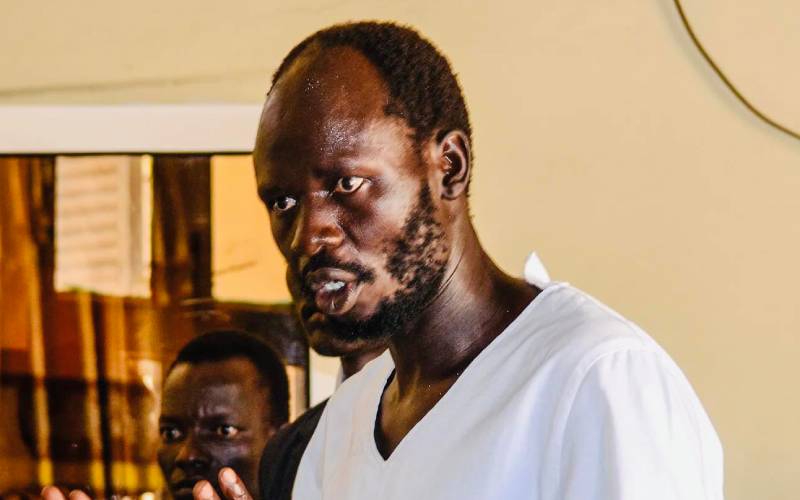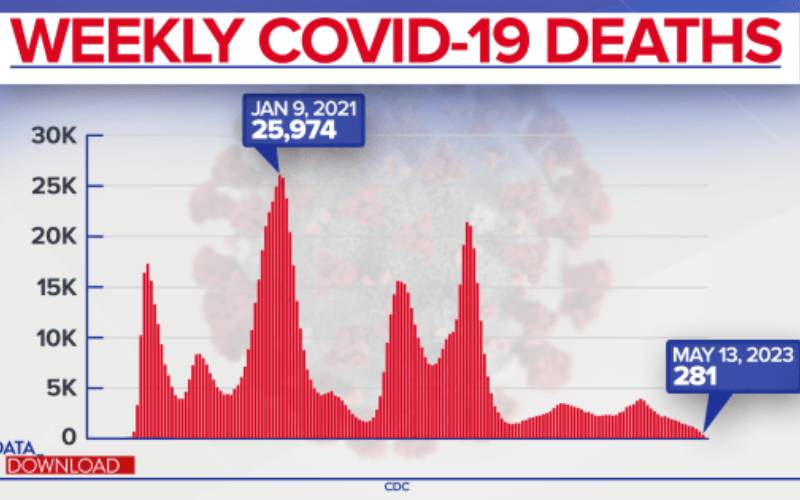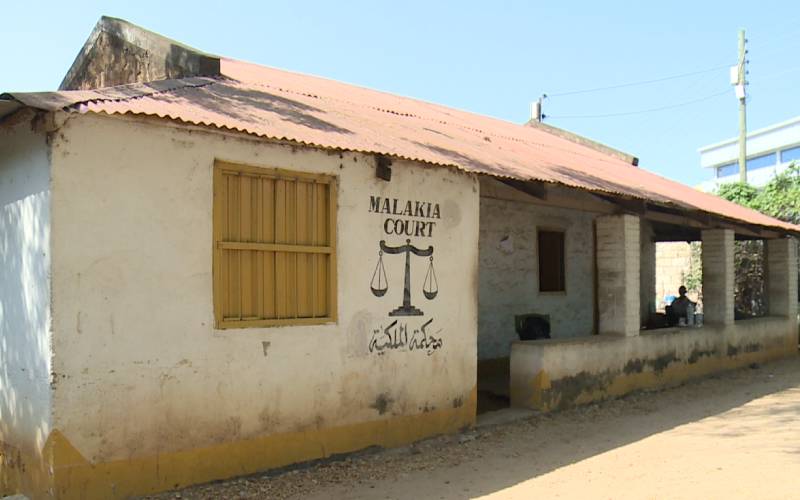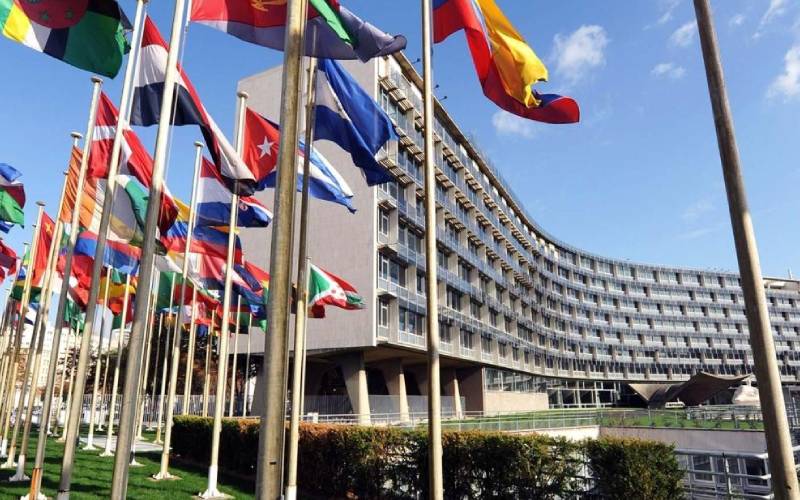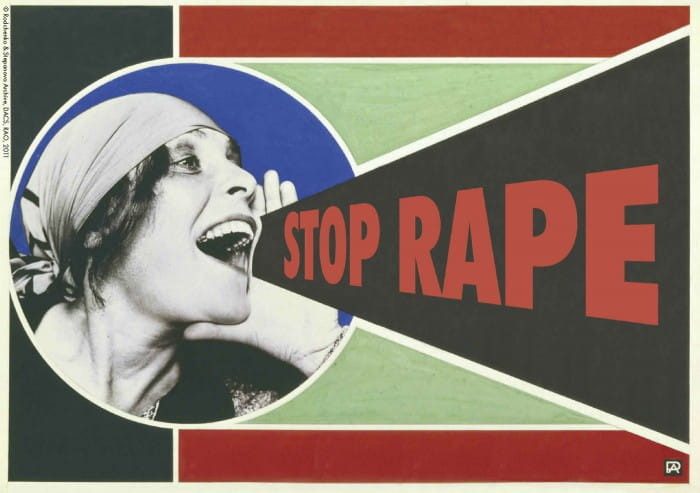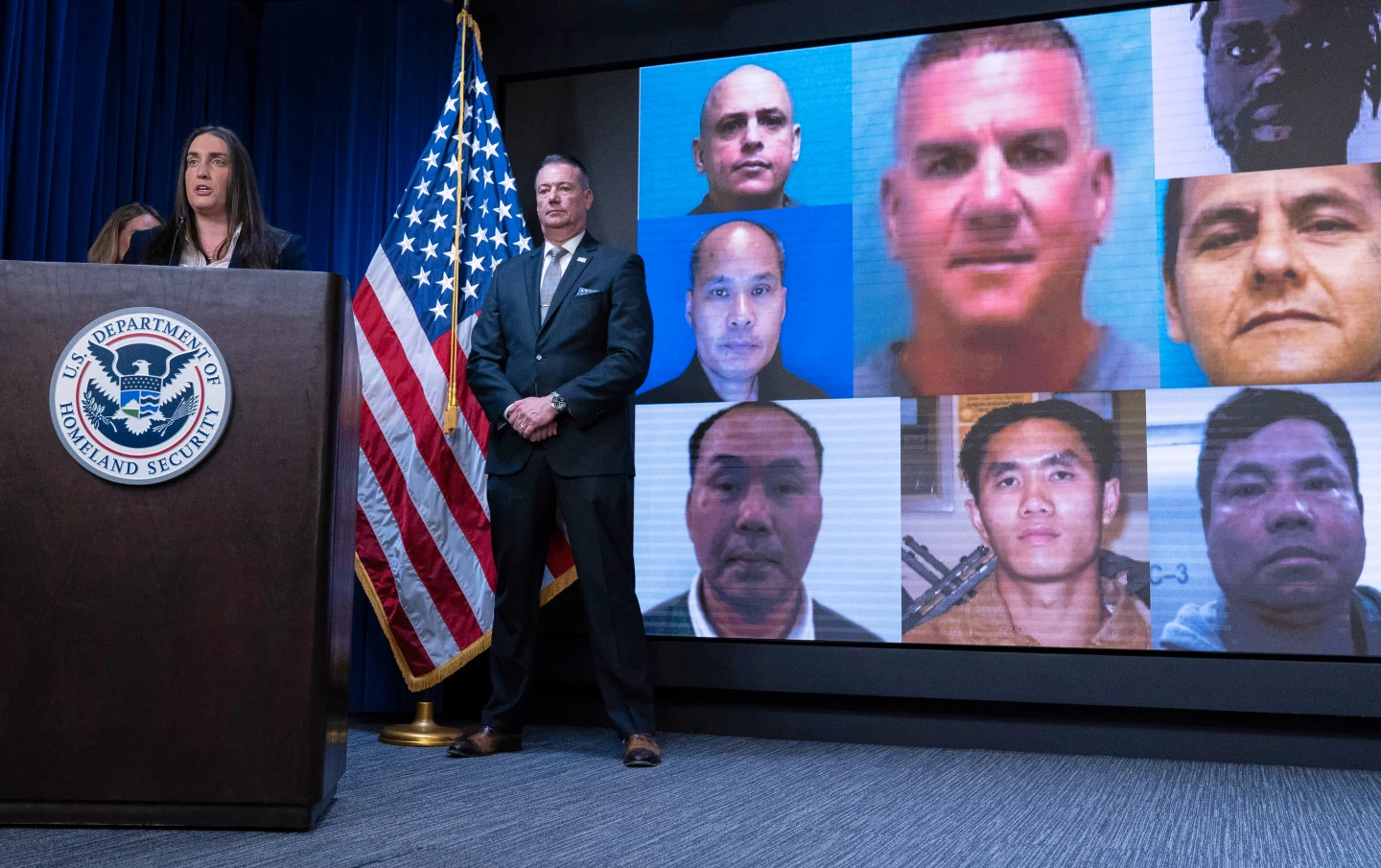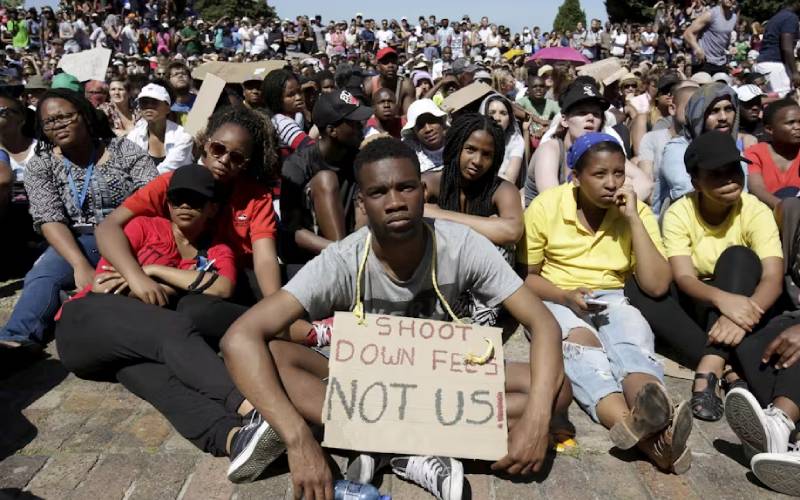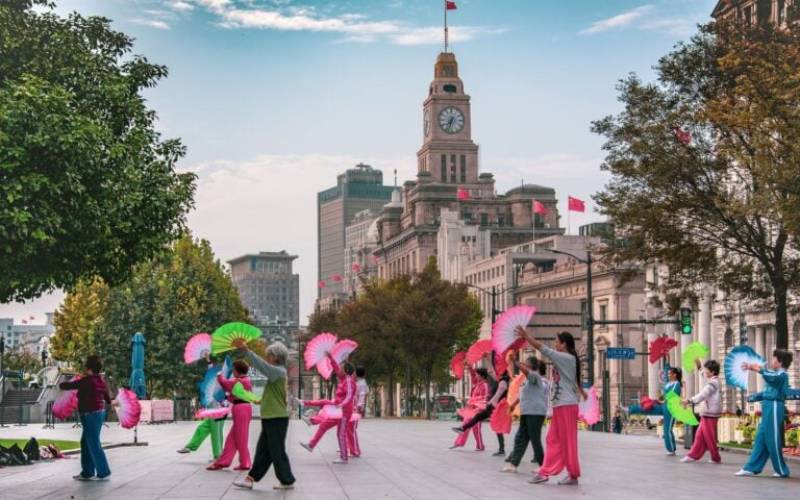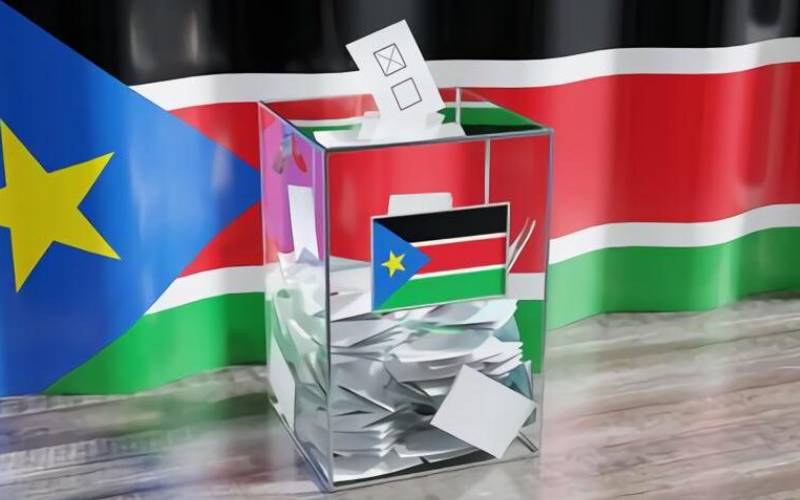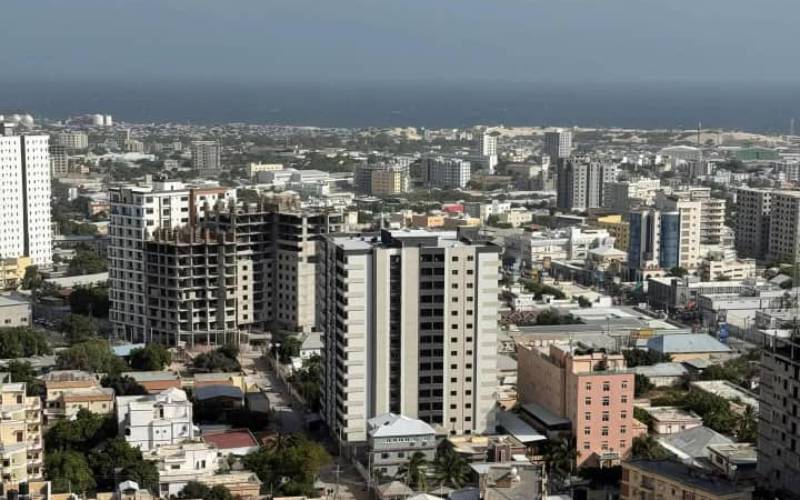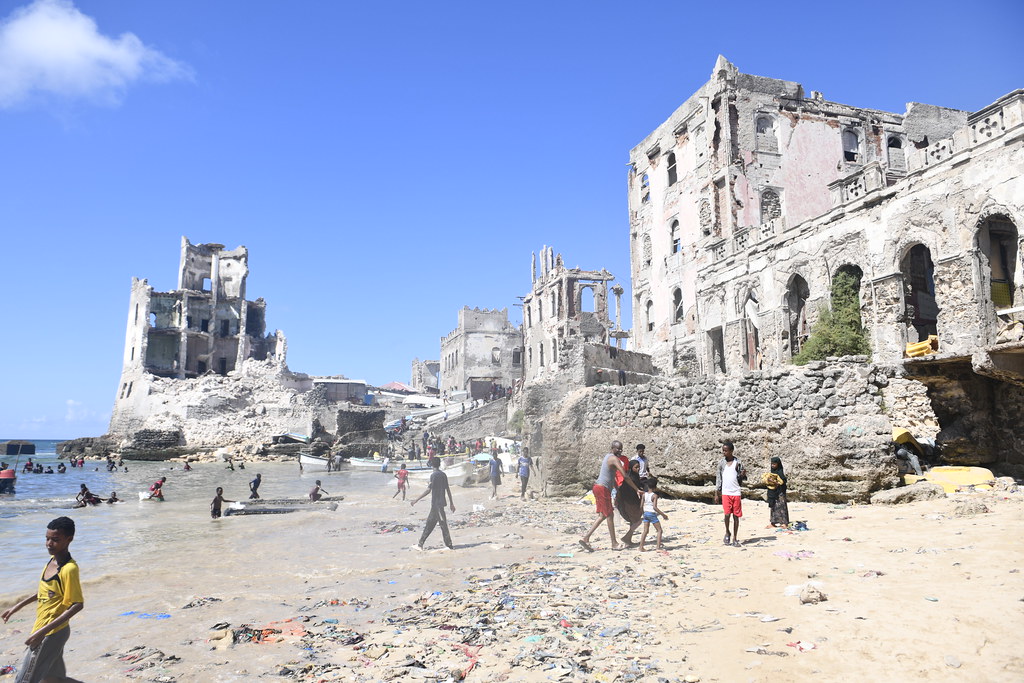By Dr. Deng Bol Aruai Bol
Peter Biar Ajak, a well-known South Sudanese academic, former political detainee, and U.S.-based activist, has been indicted in the United States for attempting to purchase military-grade weapons, allegedly to aid a rebellion against the government of South Sudan. The charges suggest he was trying to acquire arms under false pretenses, though no actual weapons were delivered. The indictment is based on undercover operations conducted by U.S. law enforcement. While the legal charge is serious, it pertains to an attempt rather than any act of violence or armed rebellion having taken place.
From a legal standpoint, this case hinges not on completed actions but on intent and attempt. Under U.S. federal law, attempting to purchase weapons to engage in foreign armed conflict or rebellion—especially without state authorisation—falls under laws governing arms trafficking, foreign relations, and material support for insurgencies. While that could carry significant penalties, in practical legal terms, the U.S. judicial system often distinguishes between actual harm and preparatory intent.
The case against Peter Biar is weakened by the fact that no weapons were procured, no violence occurred, and no organised rebel force in the U.S. or abroad was proven to be directly connected to him at the time of arrest. Instead, this is more an issue of planning and communication, which, while serious, is treated differently from direct acts of war or violence.
Peter Biar is likely charged under statutes such as:
• 18 U.S.C. § 2339A (Providing material support to terrorists or insurgents)
• 22 U.S.C. § 2778 (Arms Export Control Act)
• Conspiracy and Attempt statutes under the U.S. Code
However, the charge is not for terrorism or rebellion per se, but for the attempt to purchase weapons illegally and with the stated purpose of armed struggle. That distinction matters enormously. The defense will likely argue:
1. Entrapment – especially if U.S. agents played a significant role in luring or encouraging the alleged actions.
2. Lack of Completion – no weapons were received, no violence planned imminently.
3. Political Context – his long record of opposition to a brutal regime, prior unlawful detention in South internationally recognised human rights credentials.
Peter Biar’s past includes unlawful imprisonment in South Sudan for his peaceful political advocacy, not violence. His detention in Blue House prison, alongside known regime critics, was condemned by international bodies. His eventual release and subsequent exile made him one of the most vocal diaspora critics of the Juba government.
This background is not just sympathetic—it forms the backbone of his legal and moral defense. He represents a class of exiled intellectuals and reformists whose only crime is calling for transparency, peace, and democratic governance in a country where dissent is often equated with rebellion. The fact that he survived South Sudanese detention and torture, yet continued to speak out, tells a very different story from that of a would-be warlord.
South Sudan was founded in 2011 after decades of liberation struggle. That independence was won at great cost, with promises of peace, justice, and self-determination. However, in the years since, the country has descended into a cycle of authoritarian rule, elite corruption, interethnic violence, and state-sponsored repression. Many argue the nation has been hijacked by a narrow political elite who have failed to deliver the dividends of peace.
This context explains why people like Peter Biar become radicalised—not into violent insurgents, but into determined critics who begin to explore all options, including armed opposition, when all peaceful avenues are shut. In South Sudan, rebellion has become a structural reaction to state abuse. The government itself was once a rebel movement. Today’s ruling elites—once insurgents against Khartoum—now label others as rebels for doing exactly what they once did.
Ironically, the only country with a meaningful case against Peter Biar would be South Sudan itself, on the grounds of attempted rebellion. But even that is dubious, because:
1. No violence has occurred.
2. South Sudan shelters far worse actors, including armed groups who have committed atrocities.
3. The government has no credibility left in portraying itself as a victim of violence when it continues to repress, assassinate, and silence its people.
To prosecute Peter Biar while continuing to protect known war criminals and paramilitaries would be the height of hypocrisy. The South Sudanese state has made political opposition a crime, thus forcing many—including educated professionals—to consider alternatives outside peaceful reform.
What is potentially criminal—under U.S. and international law—is attempting to procure weapons through illegal or unauthorised channels, and particularly from a country like the United States. This was a strategic error on Peter Biar’s part, not necessarily a moral one. If anything, the rest of his behaviour—political advocacy, criticism, and calls for regime change—falls under protected political speech in the U.S. and under international human rights standards.
Those who believe Peter Biar should be sentenced to 20 or 50 years do not understand American legal principles. Nor do they grasp the level of global sympathy for the suffering of the South Sudanese people. If Biar’s case is handled transparently, with a clear-eyed understanding of political context, it is more likely to end in a negotiated outcome—perhaps a plea deal, probation, or supervised release.
The real burden is on the Government of South Sudan. If it wants to avoid being the justification for rebellion, it must cease to behave like a criminal syndicate and begin to function like a legitimate government. Until then, those who speak or act against it will continue to be seen not as criminals, but as potential liberators.
Peter Biar Ajak has not committed a violent act; he has not formed a militia; he has not launched a rebellion. He attempted to prepare for a future uprising, motivated not by greed or ego, but by what many view as a broken promise of a better South Sudan. His defense should focus on the political necessity that drives such desperation, the legal limits of what was done, and the broader moral questions about how to respond to tyranny. His case may yet become a turning point—either for criminalisation of dissent or a wake-up call to reform a failed state.
